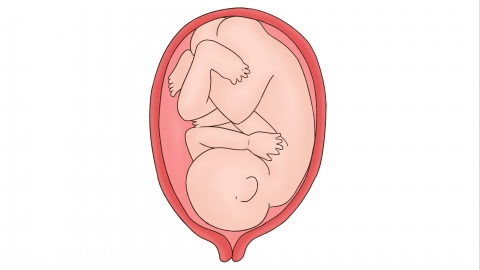Can autism be detected during the fetal period?
Autism typically cannot be detected during the fetal stage and is primarily observed and assessed after birth.

Autism is a neurodevelopmental disorder, with core symptoms including difficulties in social interaction, communication challenges, and repetitive, rigid behavioral patterns. These symptoms usually begin to manifest early in childhood, around the age of 2 to 3 years, and current medical technology is not yet capable of directly detecting these symptoms during the fetal stage. Therefore, autism cannot be diagnosed directly through prenatal testing. A definitive diagnosis of autism still requires professional behavioral assessments and clinical judgment conducted during a child's development.
Although autism cannot be directly diagnosed during the fetal stage, it is feasible to assess high-risk factors. Families with a history of autism can utilize non-invasive prenatal DNA testing or amniocentesis to evaluate the presence of genetic markers associated with autism. These tests can only provide information regarding genetic risk but cannot confirm an autism diagnosis. For already-born infants, parents and physicians can assess potential autism risk by observing the child's behavioral patterns.
Pregnant women should undergo regular prenatal checkups during pregnancy, monitoring fetal growth and development, and promptly identifying and ruling out abnormalities such as physical malformations.






